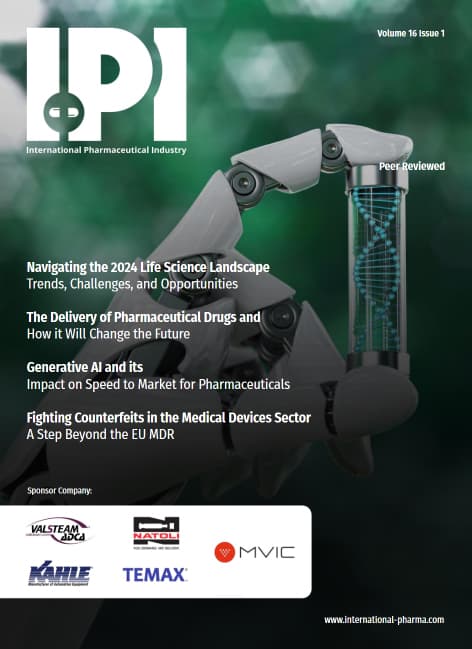Novo Nordisk’s investigational interleukin-6 (IL-6) inhibitor ziltivekimab met the primary endpoint in a Phase II trial in people with advanced chronic kidney disease (CKD) and elevated high-sensitivity C-reactive protein (hsCRP), representing high cardiovascular risk.
The RESCUE trial assessed the effect of once-monthly subcutaneous ziltivekimab on biomarkers of inflammation in patients with advanced CKD and elevated hsCRP.
The Danish pharma company revealed that the trial met its primary endpoint, demonstrating that median levels of hsCRP were significantly reduced with ziltivekimab compared with placebo – 77%, 88% and 92% reduction in those receiving 7.5 mg, 15 mg and 30 mg of ziltivekimab compared with just 4% for placebo.
The amount of participants who achieved both a greater than 50% reduction in hsCRP and had hsCRP levels of less than 2mg/L was also ‘significantly’ higher with ziltivekimab compared to placebo.
“We are very encouraged by these promising Phase II data, which is an important step towards a new potential anti-inflammatory treatment approach for people living with atherosclerotic CVD and CKD,” said Martin Holst Lange, executive vice president for development at Novo Nordisk.
“Based on these results, we are planning to progress ziltivekimab to a large-scale Phase III cardiovascular outcomes trial to further assess its potential, as we continue to advance our commitment in cardiovascular disease,” he added.
Biomarkers for inflammation, such as hsCRP, and chronic inflammation contribute to the development of progression of atherosclerosis – a major cause of cardiovascular disease (CVD).
Atherosclerosis occurs as a result of a build-up of fats, cholesterol and other substances in the artery walls, causing vessel narrowing and reduced blood flow.
Approximately half of all deaths in people with CKD are caused by CVD-related symptoms, suggesting that people living with CKD are more likely to die from CVD than progress to end-stage renal disease.
IPI was established by professionals with over 30 years of experience in the Pharmaceutical and Life sciences publishing sectors. Peer-Reviewed, Contemporary, Authoritative
IPI Media © 2024, All Rights Reserved – Powered by Teksyte
























